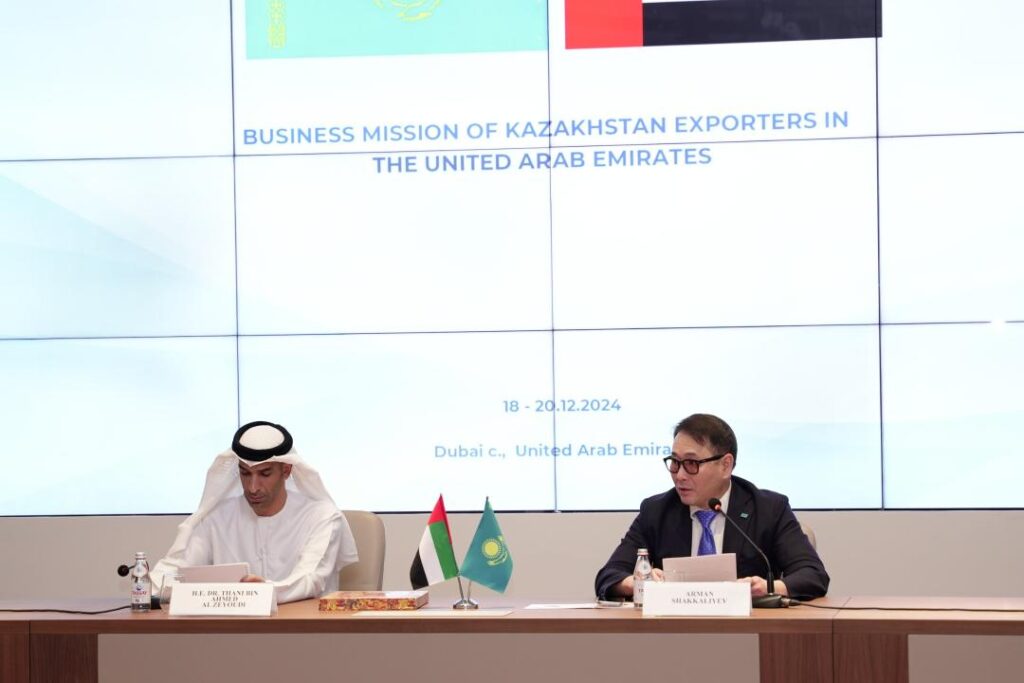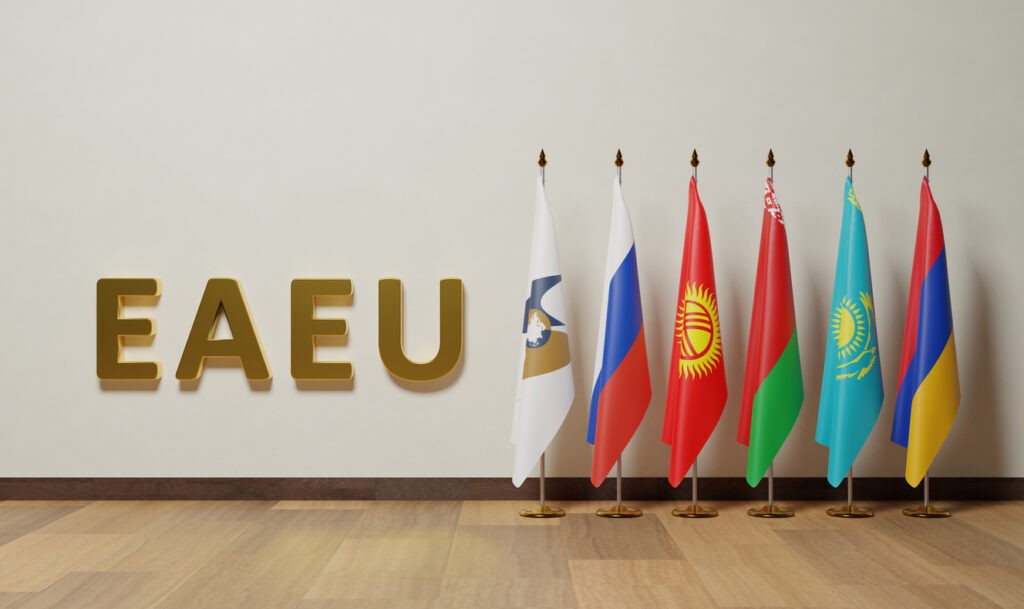BISHKEK (TCA) — European sanctions on Russia and Russian counter sanctions on Europe, as well as new sanctions of Russia on Turkey, have forced European and Turkish manufacturers to find new ways to stay in the Russian market. A new model of export oriented cooperation between Russia and former Soviet States is now taking shape with the purpose to produce in Russia and in several Eurasian Economic Union (EEU) member countries. The new initiative “Made with Italy” is being promoted by the Italian Ministry of Economic Development as a new way of transferring technological know-how and other forms of cooperation to countries that enjoy the benefits of their membership of the EEU and are free from any form of sanctions.
The project “Made with Italy in Kyrgyzstan” was recently submitted to the Ministry of Economy of Kyrgyzstan and the Kyrgyz Chamber of Commerce as well as to different business associations such as the International Business Council (IBC), the Bishkek Business Club, and the Young Entrepreneurs Association. In addition, many private entrepreneurs participated in the presentation of a new approach of Italian manufacturers to produce Italian goods in Kyrgyzstan for further export to Russia, Central Asia and eventually to China. This is a medium and long term project that if adequately implemented can facilitate the development and startup of several new industries under a win-win scenario. The proposed scheme may bring in to Kyrgyzstan technological know-how, advanced design and brands, qualified management and other forms of cooperation in addition to an established market relationship acquired by Italians through their long-term connection with Russian companies and buyers. A survey has identified several sectors where the Kyrgyz may bring a considerable contribution of skills and raw materials, such as the garment industry, agro processing, production of furniture and building materials, and so on. The agro processing is certainly a key area of industrial cooperation, with the large production of Kyrgyz meat, milk, chickens, fruit and vegetables — products that are in high demand in Russia and for which the present sanctions have considerably reduced the import. Although it is hard to predict how long the sanctions will be in place, the fact is that the new scheme of producing in cooperation with a foreign country for export will put in motion a new system of cooperation.
This new approach will certainly give benefits to the producing country and considerably shorten the industrialization process, while facilitating and increasing employment and improving the quality of products due to a consolidated and tested know-how. In Kyrgyzstan, for instance, the Russian-Kyrgyz Development Fund (RKDF) is now lending to local companies that can submit feasible projects for export to Russia. Also, the European Bank for Reconstruction and Development (EBRD) is eager to support the industrialization process and has reached agreement with several Kyrgyz banks. The presence of well-established Italian companies with proven expertise and market know-how will certainly add a solid element of evaluation to the process of considering new financing. All this will benefit the host country and will contribute to a new manufacturing mentality that at the present time is certainly not sufficiently developed.
At the same time, each country that is interested in this initiative should also address the problem of local infrastructure and localization of new manufacturing units. In Kyrgyzstan, the present level of taxes is considered competitive but the lack of appropriate infrastructure in the country’s regions penalizes the establishment of new factories with or without foreign participation. There is an urgent need to develop an industrial zone with factories of different size and to provide such new manufacturing facilities with easy transport access, electricity and water supply. To facilitate the project, the Government should be able to mobilize private and public funding in order to create a synergy for a faster and improved development allowing investors to look to the new venture with confidence and a reduced cost of entry. Presently the Ministry of Economy of Kyrgyzstan is drafting a new law to create additional incentives to attract investors and it is expected that certain requests of the local business community should be considered. Attention should also be given to establishing appropriate parameters for additional incentives for those companies that are prepared to localize their plants in underdeveloped oblasts such as Naryn, Jalal-Abad or Talas, or to companies that have a high local content in their products, such as agro processing industries. Given the need of Kyrgyzstan to employ people and increase foreign-currency earnings, special attention should also be paid to providing additional benefits to those companies that increase employment and are labor-intensive and export oriented.









